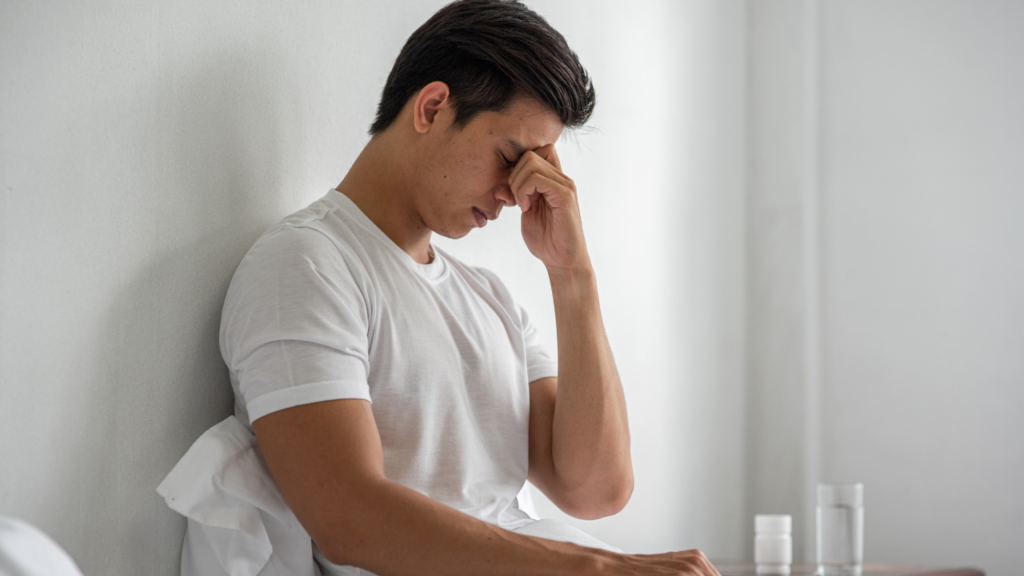Men’s reproductive health is often ignored, even though it is just as important as women’s health. Hormones play a vital role in both physical and mental health. In men, the hormone testosterone helps maintain energy, mood, and emotional stability. When hormone levels are disturbed, it can lead to both physical problems and mental distress.
Hormonal Imbalance and Its Effect on Mental Health
When there is a drop in testosterone, men may experience mood swings, irritation, tiredness, and in some cases, depression. This is not just a physical issue; it directly affects emotional health. Feeling low, unmotivated, or anxious becomes common. Hormonal imbalance can result from poor lifestyle habits, lack of exercise, aging, or health conditions like diabetes and obesity.
Sexual Health and Self-esteem
Sexual problems due to hormonal issues can lead to low confidence and frustration. Men may start feeling “less manly” or worry about their performance, which can cause anxiety and depression. This emotional pain can grow silently and affect their daily life and relationships.
Constant Fatigue and Low Energy
A major sign of poor reproductive health is always feeling tired or drained. This reduces productivity, motivation, and mental energy, making it harder to manage work or personal tasks effectively.
Memory and Focus
Low testosterone levels can affect the brain, leading to memory issues, trouble focusing, or feeling mentally “foggy.” These cognitive problems can further increase stress and lower mental strength.
Poor Stress Handling
When hormones are imbalanced, the body finds it hard to manage stress. Even small problems can feel big. Stress builds up quickly and can worsen mental health if not managed properly.
What Can You Do?
If you feel your mental health is being affected by low sperm count or hormonal imbalance, don’t ignore it. Speak to a medical professional. Simple blood tests and exams can detect any imbalance.
You can also take care of yourself through daily habits:
- Exercise regularly
- Eat a balanced, nutritious diet
- Sleep well
- Manage stress with relaxation techniques
- Seek counseling or therapy if needed
These steps can help bring your hormones back to balance and improve your mental well-being.
Conclusion
Men’s reproductive health is not just about the body — it is deeply linked to mental and emotional health. Hormonal changes like low testosterone and reduced sperm count can cause serious mental issues like stress, low self-esteem, and depression. Taking early action and living a healthy lifestyle is the best way to take care of both your body and mind.
Important Note:
Always consult your doctor or healthcare provider before making major health-related changes. They can give you personal advice based on your medical history and current health condition.
For any health concerns, please contact us at +91-9058577992 and get free consultation from our experienced doctors. Your health is our priority. Thank you.


